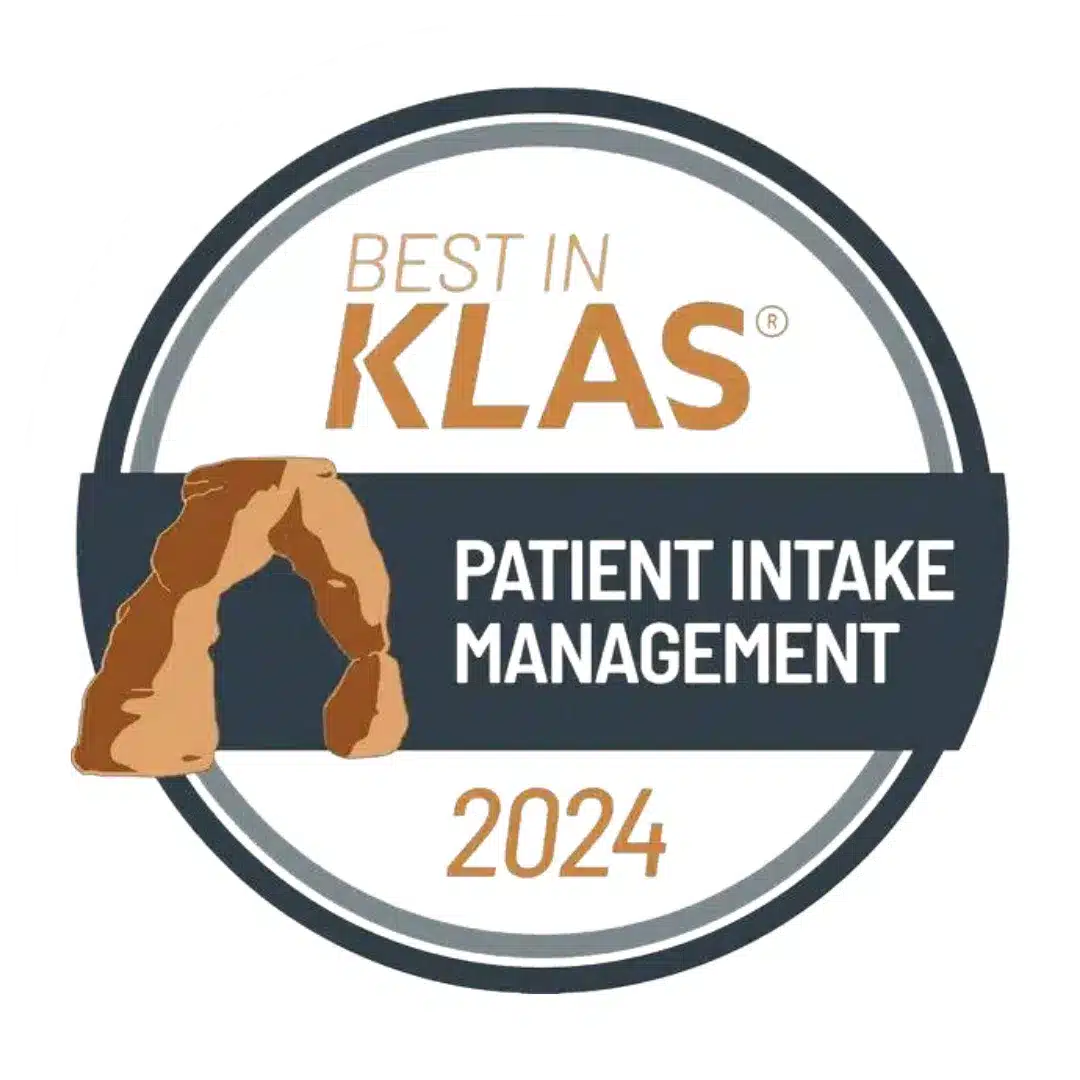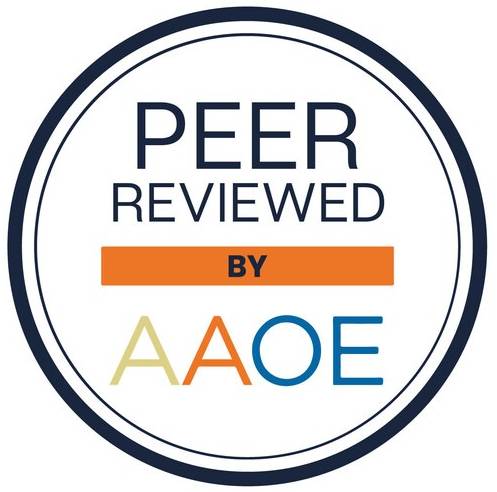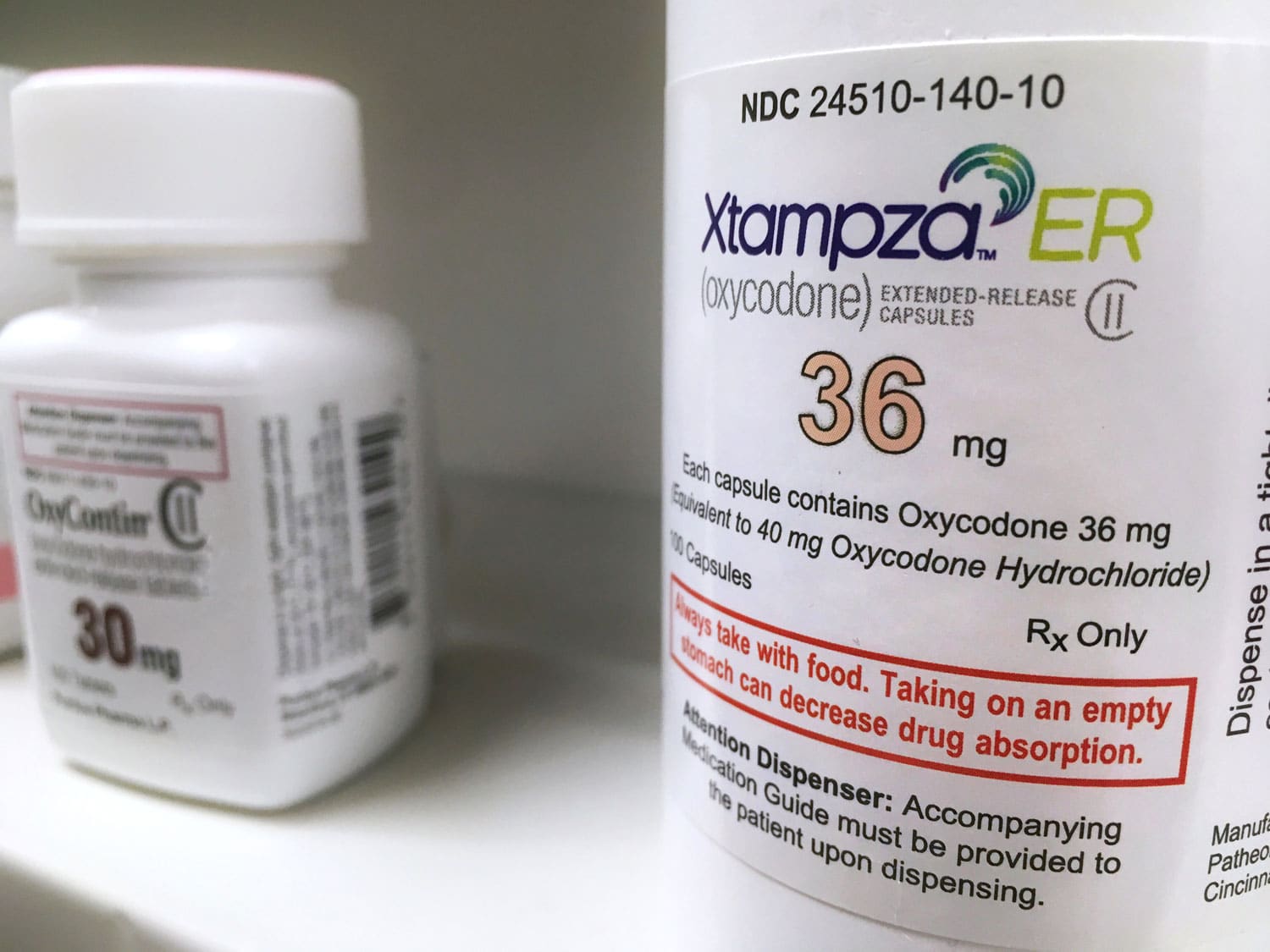
Healthcare workers have been heroically battling COVID-19 from the front lines in terms of treatment and care, but the healthcare industry as a whole is struggling to recover from the pandemic’s impact behind the scenes.
From recovering loss of revenue to improving patient-provider trust, here are some of the most pressing obstacles healthcare providers and medical facilities face—and how they can overcome them.
1. Minimizing Risk of In-Person Patient Exposure
As the country works to slow the spread of COVID-19, healthcare providers are tasked with finding innovative ways to minimize in-person contact—while still delivering top-quality patient care.
Virtual waiting room solutions are key to reducing wait times, avoiding long wait times, and minimizing in-office crowding. Fully integrated digital patient intake and registration solutions allow providers to collect and verify required forms prior to patient appointments, eliminating the need for in-office, in-person paperwork.
2. Saving Time Spent on Patient Administration & Paperwork
It’s more important than ever for medical facilities to improve the patient experience—and that means finding time to focus more on patient care and less on administration.
Studies show that most providers and healthcare staff spend more time in their EMR/EHR systems than providing direct patient care. Automating patient intake, registration, and engagement allows providers to focus their efforts where it matters most: on their patients.
3. Increasing Practice Revenue
The COVID-19 pandemic has severely impacted the healthcare industry across the board—especially when it comes to revenue. The unprecedented spike in appointment and procedure cancellations has heavily impacted every size medical facility, from large hospital systems to smaller private practices.
By adopting an automated patient intake, registration, and engagement solution, providers are able to simultaneously increase practice revenue and cut administrative costs. For example, healthcare providers that use Yosi Health report a 20% increase in collection rates for their practice. Plus, by digitizing patient intake and registration forms that integrate with their ERM systems, they cut costs on printed paperwork and save significant time spent on manual administrative tasks.
4. Creating a Better Patient Care Experience
As the country works to slow the spread of COVID-19, healthcare providers are tasked with finding innovative ways to deliver top-quality patient care.
A study by the Alliance of Community Health Plans shows that only 31% of patients feel comfortable about the idea of going back to the doctor. Providers nationwide are adopting virtual waiting room solutions to give patients a contactless intake and registration experience, showing patients that they’re committed to minimizing risk for everyone involved.
5. Improving Practice Reputation
The COVID-19 pandemic has highlighted a pressing issue for the healthcare industry: A lack of patient trust. Medical facilities nationwide and struggling to establish trust between patients, providers, and the community.
Healthcare providers need to better manage their reputation online. Virtual waiting rooms have been shown to improve the patient care experience—and Yosi Health allows your patients to easily share their experience. Easily collect and automatically post reviews, ratings, and other feedback to all of your online platforms—including your social media profiles.
Start tackling your most pressing obstacles today with Yosi Health. Learn more about our fully integrated patient intake, registration, and engagement platform and how we can help your practice navigate these truly unprecedented times.




